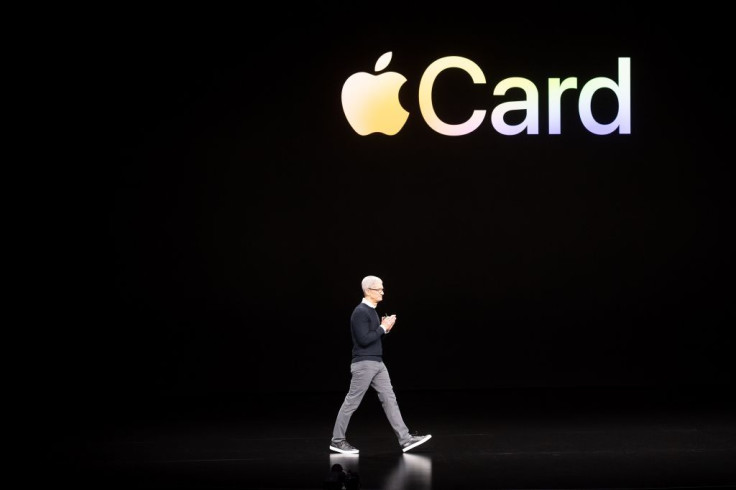Reports Detail How Some Retailers Are Against The Apple Card

KEY POINTS
- Elite cards like Apple Card have higher interchange fee
- These cards cost higher fees to support their rewards programs
- Retailers are reportedly complaining about this
Retailers are partially footing the bill for profitable rewards cards like Apple Card, according to a new article by Bloomberg. The Apple Card is designed as an elite card, which means retailers are required to pay a little higher interchange fees when some use it. The new report details how interchange fees are paid by retailers and not directly by Apple Card holders.
This is what retailers have to pay as part of the cost of accepting credit cards, the report states. Elite cards like Apple Card carry out higher transaction fees to be able to support their rewards programs. Whenever a customer uses a standard Visa card, the merchant would owe the issuing band $1.27 for swipe fees.
When a cardholder has a plastic that bears Visa's signature, the fee increases to $1.75, claims Bloomberg. That fee is divided among the network, the issuing bank, and the payment processor. Popular card networks like Mastercard have negotiated these deals considering that retailers are pointing data showing elite cardholders have more purchasing power compared to other consumers.
The concept is that the extra sending could offset the higher transaction fees for the retailer, the report explains.
Card networks tell merchants the higher costs are justified because premium cardholders also have more buying power—so they’ll spend more. According to payment processor Auric, since January 2018, the average purchase made with premium-branded Visa cards was $50 higher than those made with regular Visa credit cards.
However, retailers could not choose which card to select. If a retailer says it accepts any Mastercard credit cards, it has to take all of them, including elite cards. The increasing dominance od these elite cards, according to Bloomberg, has served as a point of contention for most retailers.
Nilson Report recently released data revealing that merchants in the US saw the cost linked to accepting electronic payments increase to $108 billion last year. Retailers are partly blaming the elite cards for this. Some key points are worth noting about this.
Apple Card is a lucrative credit card for some retailers. However, it is not the most and only profitable card available out there. Another is that interchange fees have been an issue for the retailer over the years, and it would be unfair to blame it all on Apple Card, which was just launched this year.
© Copyright IBTimes 2025. All rights reserved.





















